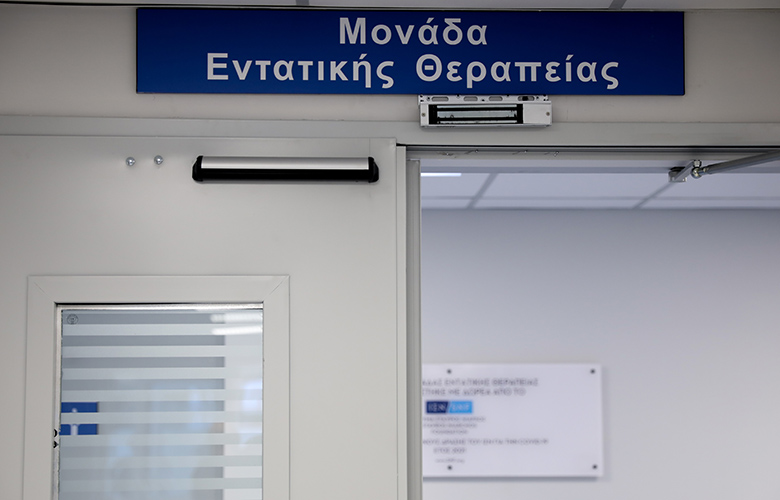The student suffered an allergic shock after consuming butter
The assessment that if the emergency department had been notified immediately, perhaps the outcome of the allergic reaction of the 17-year-old schoolgirl, after consuming butter, would have been different and she would not have been intubated today to fight for her lifesaid the director of the Intensive Care Unit of the Venizeli Hospital Anestis Kioulpalis.
He emphasized, speaking to ERTthe importance of immediate and correct reflexes in cases of severe allergies.
In the case of the 17-year-old student of the Peristeri Art School, everything points to what turned out to be precious time lost from the moment she had the allergic reaction and went to her room to inject the adrenaline. As Mr. Kioulpalis mentioned, “the child knew he was allergic and was being monitored by specialist pediatric allergists in Athens who had given him the adrenaline injections in order to use them in an emergency”. But, as he continued: “Adrenaline alone, without other medical interventions, is not completely safe. People who have severe allergies should know this. If they feel the early symptoms of an allergic reaction, they should, in addition to the adrenaline injection they have to do, immediately notify the emergency department, so that no time is lost if things do not go well. In this case, if the emergency department had been informed at the time the child went to get his injection, maybe the outcome would have been different, although no one knows for sure.”
The director of the ICU of Venizelei clarified that this “it does not mean that anyone who has an allergy ends up dying, but because there are also these forms of intense allergic reaction, in which the circulation stops and the person makes a stop, it is good to quickly inform the EMS, so that the treatment can be done immediately . The faster the response, the more effective it will be”.
Unfortunately, the 17-year-old, who had a known dairy allergy, went to her room to have the adrenaline injection and, according to the ERT report, as she was delayed, an attendant teacher looked for her and found her unconscious. The efforts for cardiopulmonary resuscitation that she made, as well as the EKAV crew that was notified and arrived at the hotel, did not work and the girl was transferred to Venizelio, where the TEP doctors, after 10 minutes of efforts, managed to revive her, intubated her and they proceeded to admit him to the ICU.
The condition of the 17-year-old remains critical
She remains there for the third 24 hours, with Mr. Kioulpalis characterizing her condition as critical. As he said, she has not yet escaped the immediate danger to her life as, due to the swelling, she has increased intracranial pressures, although as far as her other vital functions are concerned, they have been restored. “The heart, lungs, kidneys recover, but if the brain suffers damage, it can be permanent,” he noted, emphasizing that: “Our concern at this stage is to protect the brain, that is, life itself. From there, it’s just a matter of time how it will develop.”
The treating doctors will be able to assess the state of the 17-year-old’s brain function after the swelling subsides, which, according to Mr. Kioulpalis, “can last from 2 24 hours to 10-12 days and then slowly subsides” .
However, as he pointed out, “a cerebral edema that develops after anoxemia, i.e. from not supplying oxygen to the brain, due to cessation of cardiac function has an ominous prognosis, since the brain can withstand up to 4 minutes without suffering damage. And the more time passes, the more ominous the prognosis.”
The situation, according to him, is very difficult and the child’s parents are aware. “Let’s hope and wish for the best” he concluded.




